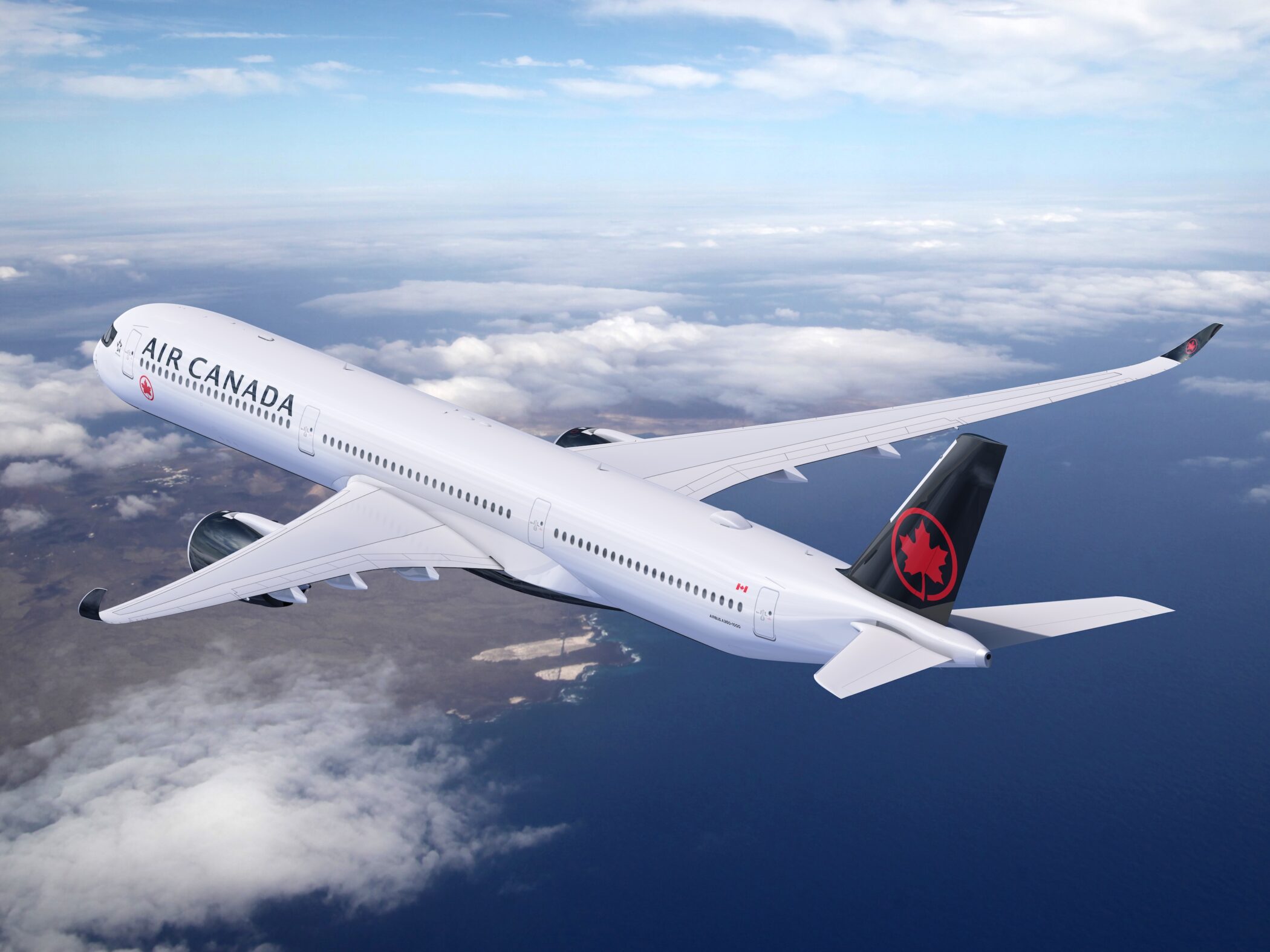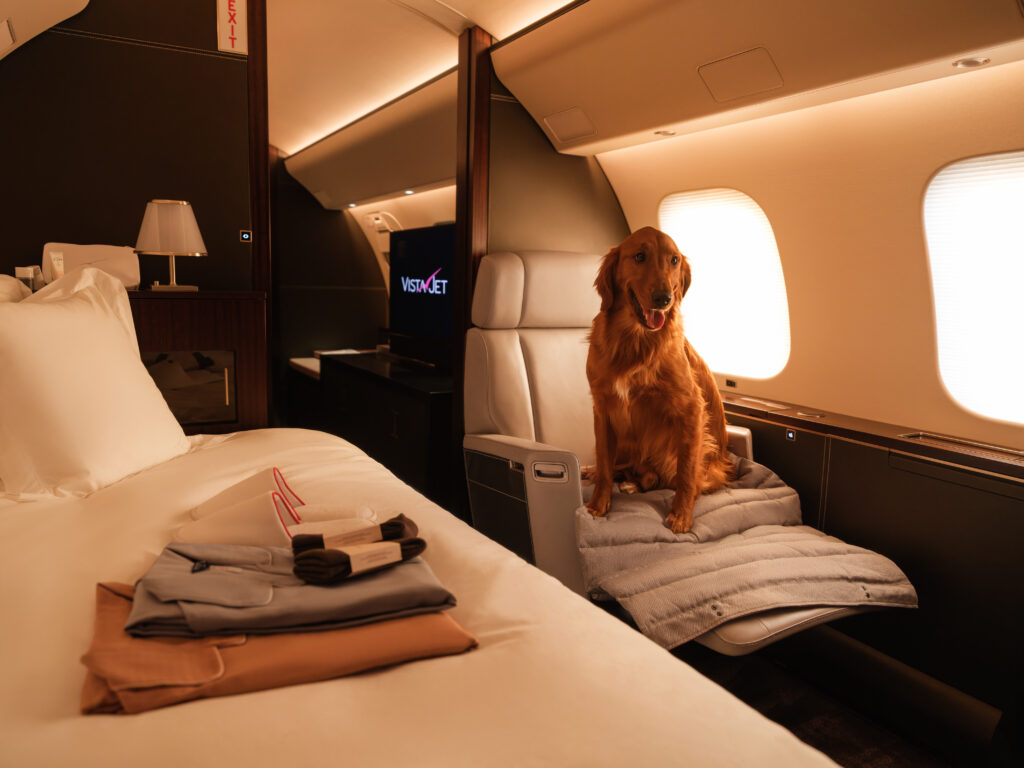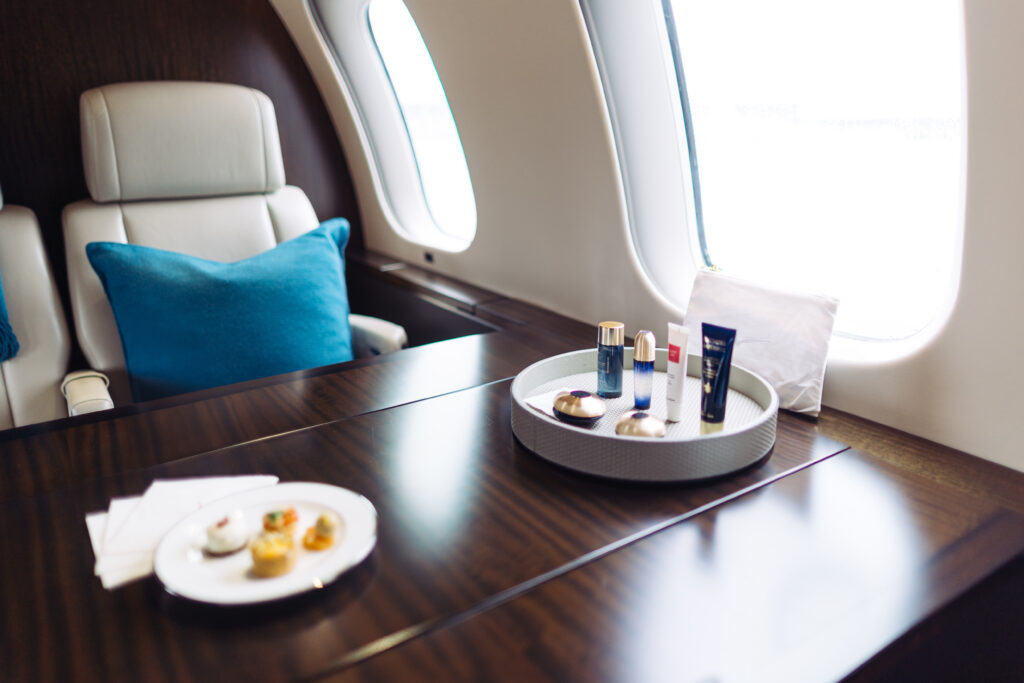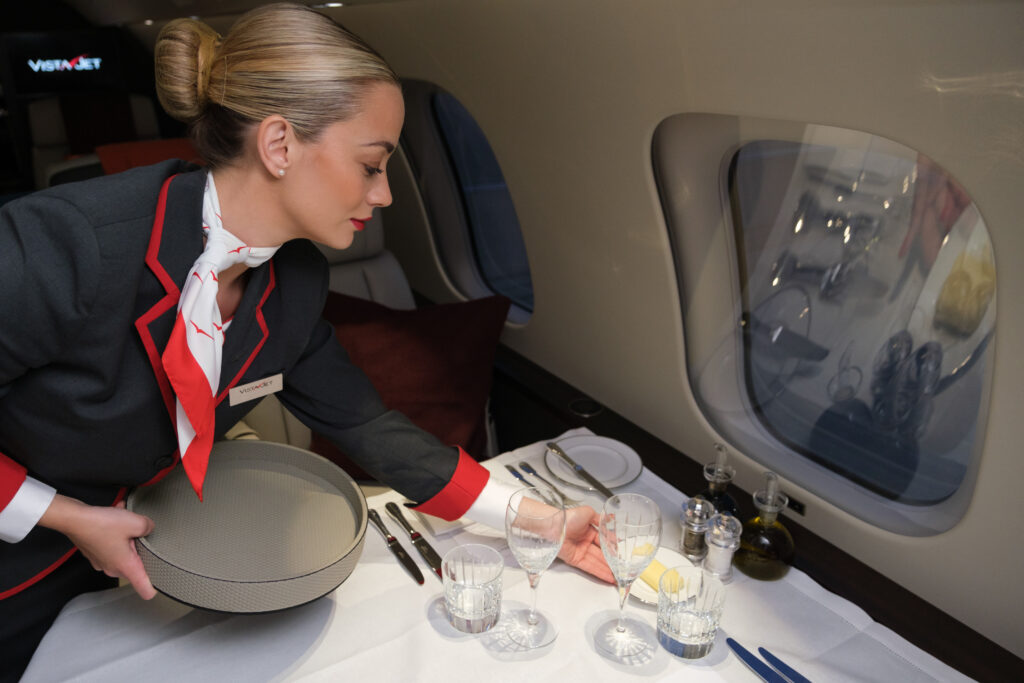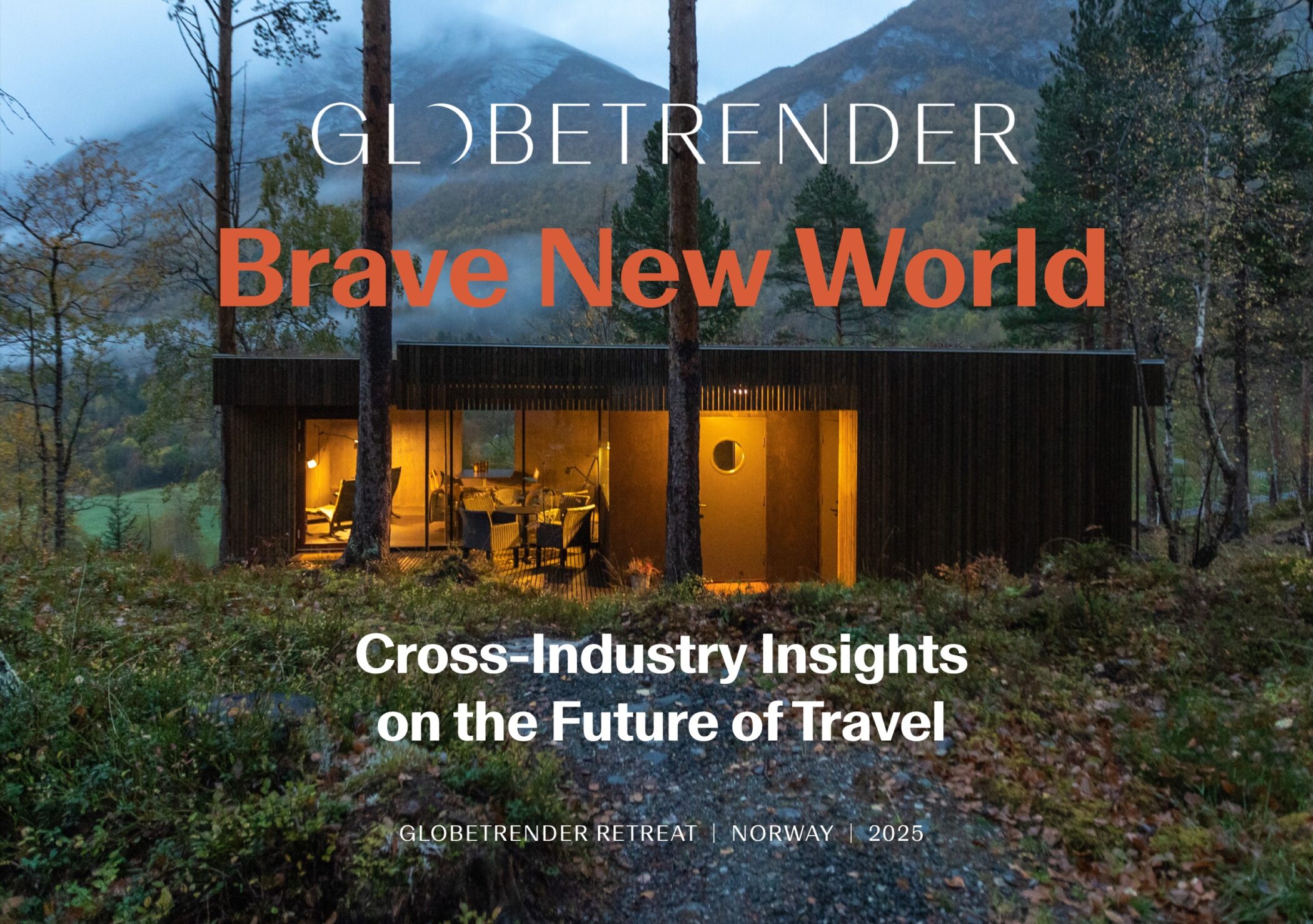VistaJet Partners with Beefbar to create a steak house in the sky
Carnivorous VistaJet passengers can now tuck into Wagyu fillet at 40,000 ft, thanks to a new collaboration with luxury steak house Beefbar. Olivia Palamountain reports
In celebration of its 20th anniversary, VistaJet has announced a new culinary partnership with premium steak chain, Beefbar.
From now onwards, VistaJet Members departing from Paris, Milan and Nice will have the opportunity to feast on a curated selection of Beefbar's steak dishes during their flights.
The exclusive in-flight menu features Beefbar's signature cuts, including Kobe beef fillet and Wagyu beef fillet mignons, alongside a variety of street foods designed for sharing.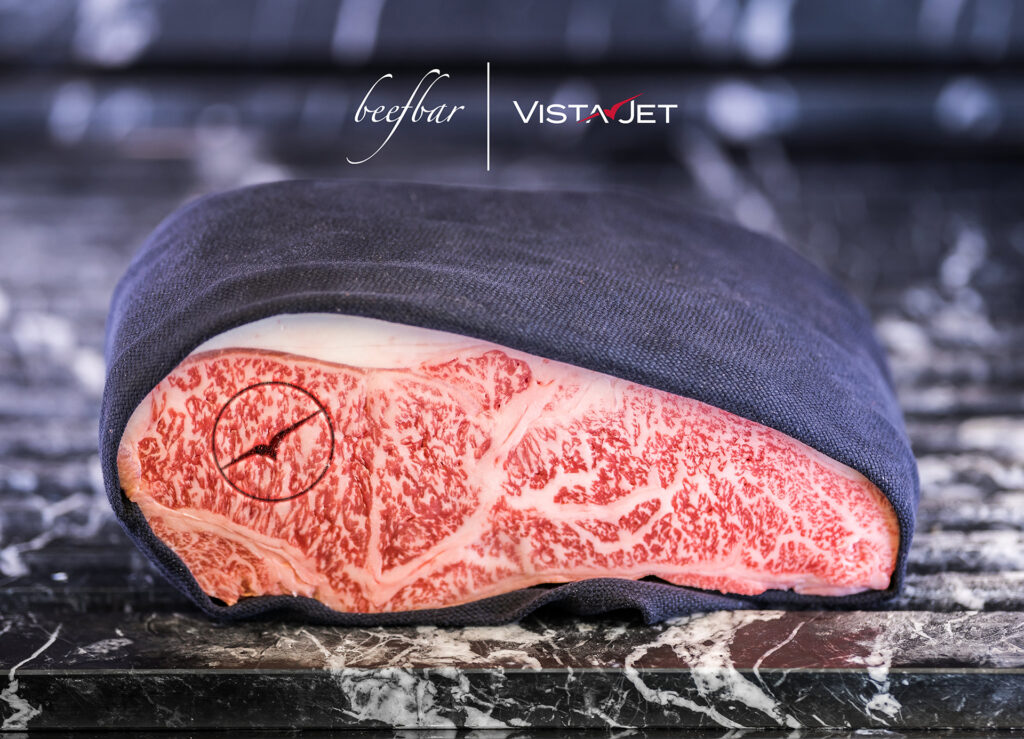 Riccardo Giraudi, founder of Beefbar, says: "For the first time, this partnership allows us to present our passion for the highest-quality ingredients and innovative cuisine in the most rarefied and unique setting you can imagine — onboard a private jet."
Riccardo Giraudi, founder of Beefbar, says: "For the first time, this partnership allows us to present our passion for the highest-quality ingredients and innovative cuisine in the most rarefied and unique setting you can imagine — onboard a private jet."
To ensure the highest standards of onboard service, VistaJet's cabin crew have undergone extensive training to prepare and serve Beefbar's meticulously crafted dishes at altitude.
Each recipe has been tested for weeks by Beefbar's chefs to ensure it can be perfectly rendered aboard the aircraft.
VistaJet passengers can book their in-flight meals in advance via the Private Dining app or work with the client services team to help make a choice.
Dietary requirements are catered for – from food allergies to vegan, vegetarian and pescatarian – and clients can advise the team about any additional considerations.
Does this collaboration signify the ultimate in mile high luxury dining – or an ostentatious display of consumption in the Age of Ego?
As reported by The Guardian, agriculture accounts for 23 per cent of global greenhouse gas emissions, most of which are attributable to livestock in the form of methane from burps and manure, and deforestation for grazing and feed crops.
As global meat production leapt by 39 per cent in the first two decades of this century, agricultural emissions also rose by 14 per cent.
Private jets, meanwhile, have a dramatically higher carbon footprint per passenger than commercial alternatives.
A 2021 report from the European Federation for Transport and Environment found that private jets are five to 14 times more polluting per passenger than commercial flights and 50 times more polluting than trains.
Indulging in beef whilst soaring through the skies on a private jet epitomises carbon nihilism, marrying two environmentally damaging practices: the carbon-intensive cattle industry and the excessive emissions of private air travel.
Not only does it ignore the urgent need for climate action but also widens the chasm between those who can afford to ignore environmental concerns and those who bear the brunt of climate change.









